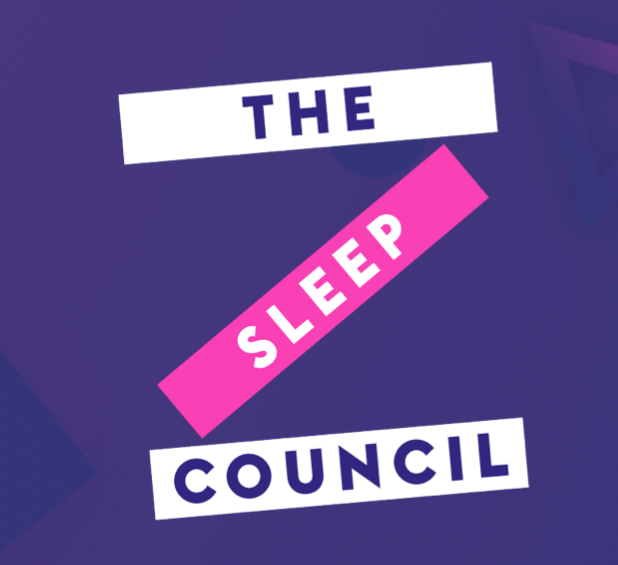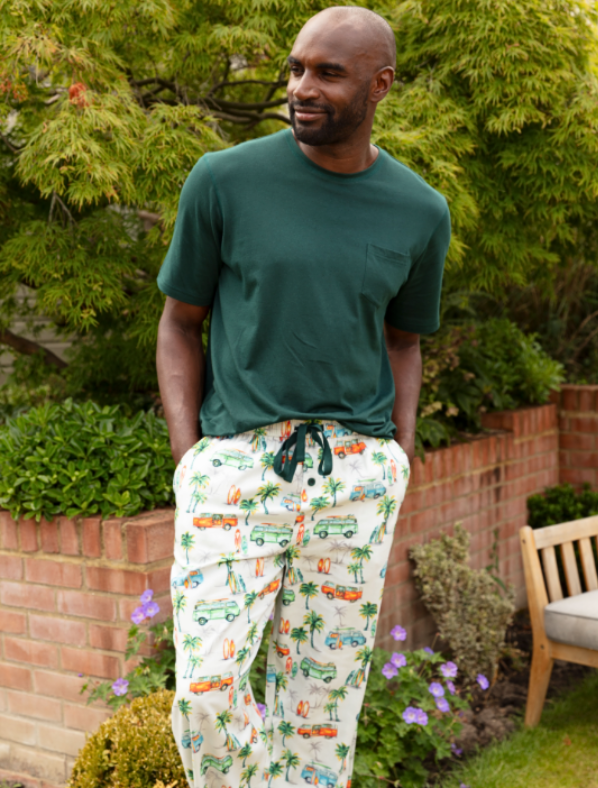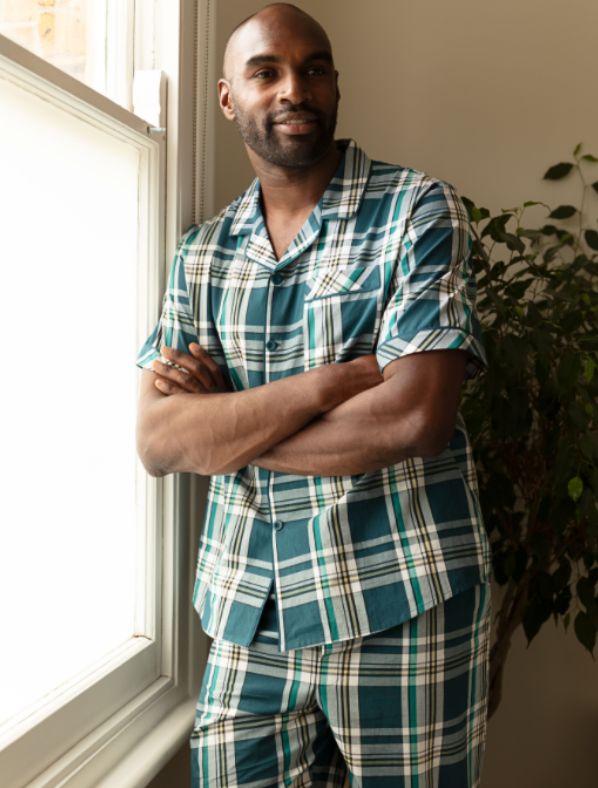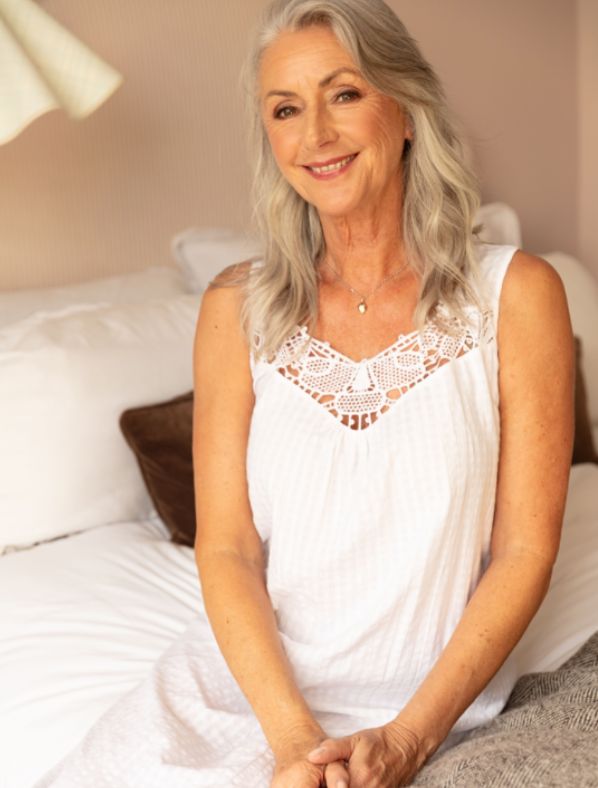
Guest Blog by The Sleep Council: How to fall asleep...and stay asleep!
You would think that falling asleep would be a dream. Swap into cosy PJs, hop into a comfy bed, pull the snuggly duvet around you close your eyes and off you go into the land of nod. Easy peasy? For some, yes. However, for many people falling asleep, and staying asleep, can be challenging and difficult. While it’s not uncommon to have the occasional restless night's sleep, if this happens on a regular basis, it can lead to a serious lack of sleep or chronic insomnia. No one really knows why we sleep – but we know we can’t survive without it. A good night's sleep allows our bodies to rest and recover. It looks after us mentally and physically by regulating our mood, improving our memory but also maintaining our health, weight and energy levels.

How long should it take to fall asleep?
It’s normal to take around 10 to 20 minutes to fall asleep. If it takes any longer than this, you should get up and go do something else until you feel sleepy again. If you fall asleep the minute your head touches the pillow, it’s a sign you're in a sleep debt and you should be looking at your lifestyle and sleep habits to see what you can change to improve your sleep quality. The time it takes us to fall asleep is a good indication of our overall sleep health, according to a study we conducted with Professor Jason Ellis of Northumbria University. The research showed that those who think they fall asleep within 10 to 15 minutes of their head touching the pillow are more likely to have good sleep health. Longer than 15 minutes and sleep health may be under pressure.
Why can’t you sleep?
There are many factors that can stop us sleeping well. Anything from money worries, pressure at work, a busy family life or common anxieties people suffer in their day-to-day lives. It can also be down to simply sleeping in an uncomfortable bed or nightwear! Or if your bedroom environment isn’t conducive to sleep, for example, a bedroom that’s too hot or cold, having lots of electronic devices on, too much alcohol, caffeine or food before bed or if noises from outside your bedroom (or from a snoring partner!) keeps you awake. The more you focus on getting off to sleep at night, the more likely it is to evade you. Trying to sleep is likely to make you physically and emotionally tense, so if you are overly monitoring how long it is taking you to fall asleep, it's potentially an indicator that your sleep health may need attention.
Strategies to Sleep Better
Sticking to regular hours and a similar bedtime routine will help in strengthening the internal body clock. Going to bed at the same time each night will help, as will waking at the same time each morning – even at the weekend! Exposure to light on a morning walk will help reset circadian rhythms as well as giving a much-needed energy boost. Also limit screen time in an evening as the light emitted can play havoc with your internal body clock by suppressing the levels of melatonin and making your brain think it's still daytime – switch off at least an hour before bedtime.
Try to avoid the urge to nap if your night-time sleep is not on track. While it’s tempting to use alcohol as a sedative, it doesn't lead to restorative sleep as it decreases the amount of time you spend in REM sleep. In fact, while you may drop off to sleep quite quickly, you will often find yourself waking several times feeling dehydrated and needing the loo!
Quite often, the reason people can’t fall asleep or stay asleep is because they have too many racing thoughts and they feel like their brain is going into overdrive – this leaves you feeling anxious and stressed and therefore unable to sleep. Writing things down can be a life-saver. Whether that’s your worries or your exhaustive to-do list, jot them down before you go to sleep so that it clears the mind. Put any clocks in your bedroom out of sight. We’ve all been there – wake at 2am, check the time and stress there’s only four hours until the alarm goes off. Then look at the clock again at 3am and worry you’ve only three hours left. It goes on. Avoid clock watching as it causes stress and anxiety levels to rise and makes it even harder to go back to sleep if you wake in the middle of the night. If you find yourself awake in the middle of the night and unable to get back to sleep, don't lie there staring at the ceiling, It won't help you fall asleep; in fact it’s likely to make you more restless and you will quickly learn that the bed is a place where we are awake, rather than asleep. Instead get out of bed, go into a dimly lit room and read a couple of chapters from a book, listen to some soothing music or make yourself a milky drink or chamomile tea.

- For more information, advice or support visit www.sleepcouncil.org.uk
























